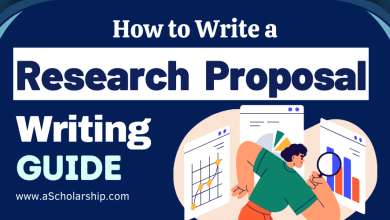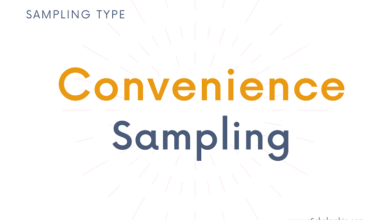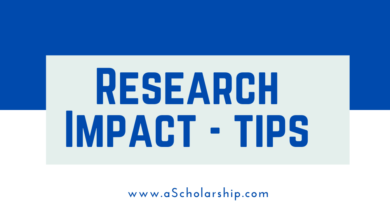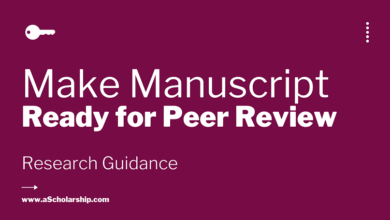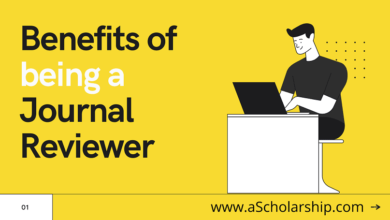Conclusion Writing for Thesis – Conclusion Writing for Dissertation: Ph.D. Researcher’s Explained it
Conclusion Writing for your Thesis
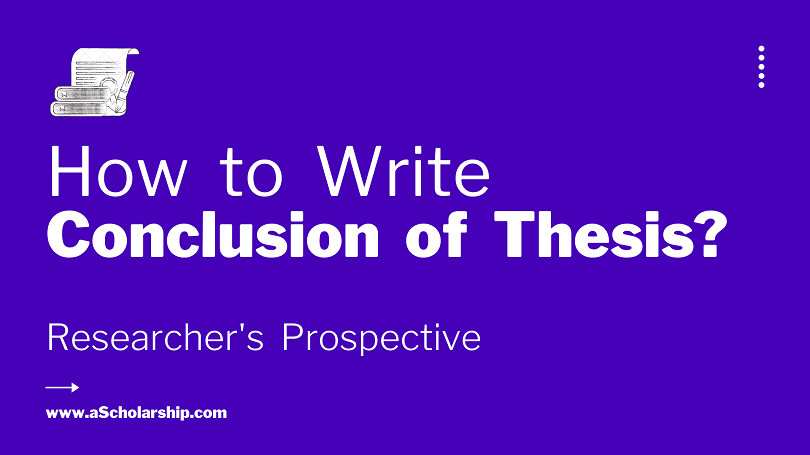
At this stage, most probably, you are done with writing the introduction and the body of your thesis, research paper, or dissertation. You may think you have almost completed the task and it’s time to rejoice over its successful completion. If yes, then you are completely underestimating the importance of a conclusion that is still to be written. There are specific guidelines by most of the Universities to write the thesis conclusion in a certain way, as mentioned in their guide to author’s document.
The conclusion is the ending part of your thesis. Which simply means that the conclusion is the last thing that the reader is going to read. You need to decorate your conclusion with key findings or your study, research, or thesis; include future prospectives and important results. Hence, any blunder can completely damage the image of your entire thesis, as it is the last impression that lasts long.
What is the purpose of a thesis conclusion?
It is necessary to understand the purposes of the thesis conclusion before we get into the guidelines for writing it. Its first and most important purpose is to address the principal research question. Secondly, it provides a succinct summary of the research. Thirdly, it highlights your contributions to the knowledge of the field. Lastly, it forecasts the possible future developments. Remember, the conclusion of the thesis is not very long. The main objective of writing a conclusion is to provide the reader with a clear understanding of the research literature.
To make it easy for you, this article provides all the essential guidelines that you need to know to write an excellent conclusion for your thesis or dissertation:
How to Write an Exemplary Thesis or Dissertation Conclusion?
- Start with restating your thesis statement
The recommended method is to start by restating the thesis statement. However, you cannot simply copy the statement from the introduction. Used different words and paraphrasing techniques to formulate a new version of the same statement. In addition, do not use remorseful words like “The research has tried to confirm….” Be confident with your words.
- Reiterate the main points
After getting started with the thesis statement, the next phase is to review the body of the thesis. Give proper time to every paragraph of the body and extract key points. Each paragraph commonly starts with a topic sentence; which contains the crux of that paragraph. Therefore, you can also make notes of all the topic sentences mentioned in the body. Remember that you cannot simply copy-paste these sentences. Try using different words and make them short.
- Mention suitable recommendations
Bring up relevant recommendations and questions that expand your research furthermore. State what you think the readers can do after reading your research. Are there any more questions that need to be answered? Or, what possible contributions can the readers make?
- Connect the conclusion with the introduction
Make a link between the conclusion and the introduction. The restatement of the thesis statement was the first move. Now look for other arguments and keywords that you can restate in the conclusion. This connection makes your thesis look coherent and united.
- Stress the relevance of your work
Your conclusion should encourage questions, but should not leave gaps. In simple terms, do not let the reader raise questions about the relevance of your work. Emphasize the relevance of your work by highlighting its contributions to the field. Furthermore, explain what possible difference your research can make.
- Highlight the importance of your work
Ensure that you provide suitable arguments to justify the significance of your research. You can do this by recalling the problem statement to elucidate how your work addresses the problem. Moreover, explain how your work fills the gaps present in previous research. At last, you can also talk about how your research supports or opposes any prevailing theory.
- End your conclusion with a catchy statement
Mention something interesting to end the conclusion- such as a question, an indication, or a serious recommendation. You have to end your conclusion with any statements that make the reader think more about your research. Consider that the reader thinks: “Why should I care?” Hence, the end of your conclusion is actually the answer to this question.
Things to Avoid while Writing the Conclusion
- Avoid excessive summarization
Yes, the conclusion is not part of the thesis where you can give details about any aspect or sub-aspect of the topic. Only the summary of your main arguments fits in the conclusion. But, that does not mean you can overly summarize things. You should clearly mention all the key points. The motive is to make the text as understandable as possible.
- Do not introduce new points
Do not mention new ideas or arguments in the conclusion. Bear in mind that the conclusion reflects what you have mentioned in the body and the introduction of the thesis. It is not part of the thesis where you can mention new points. If there is something new that you want to mention, first state it in the body and then bring it to the conclusion. In short, all the key points that you mention in your conclusion should be extracted from the body of the thesis.
- Avoid words or phrases like ‘In conclusion’
Do not make use of words or phrases like ‘To conclude’ or ‘In conclusion.’ You don’t have to tell the reader that the part of the thesis he/she is reading is the conclusion. Such indicating words are usually not recommended in academic writing.
- Stay cautious while giving your own opinion
Your thesis is actually a text document that defends your opinion. But you have to stay aware as you cannot sound too authoritative. State your overall opinion and do not get into any discussion that takes you off the topic.
